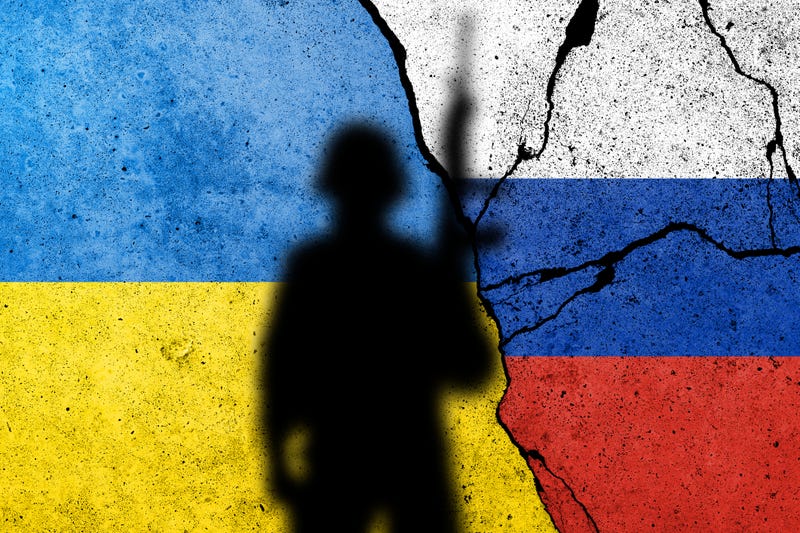
UK Prime Minister Keir Starmer unveiled a framework for a Ukraine-Russia peace plan on Sunday alongside French President Emmanuel Macron and other European leaders during a meeting with Ukrainian President Volodymyr Zelenskyy.
Starmer acknowledged the plan would require substantial US support while emphasizing that European nations must "step up their own share of the burden" toward security guarantees for Ukraine - a concession to President Donald Trump's administration.
The UK Prime Minister stated his country is prepared to deploy ground troops and air force assets in Ukraine to ensure Russia adheres to any peace agreement, though he stressed US backing remains crucial for success.
Macron revealed to French media that European leaders were discussing a 30-day freeze on strikes from air, sea, and against energy infrastructure in Ukraine, suggesting this window could facilitate broader peace negotiations.
Meanwhile, Zelenskyy has been managing fallout from what sources described as a difficult meeting with Trump and Vice President JD Vance at the White House on Friday. The Ukrainian leader has emphasized his willingness to pursue a rare earth minerals deal with the US.
Secretary of State Marco Rubio clarified the US position on Sunday, telling ABC's "This Week" that "security guarantees" for Ukraine would be contingent upon establishing peace first.
Following the European meetings, Zelenskyy maintained that the "best security guarantees are a strong Ukrainian army."
The situation has prompted criticism from some US lawmakers, including Senator Lindsey Graham (R-SC), who called for Zelenskyy's resignation, stating: "He either needs to resign and send somebody over that we can do business with, or he needs to change."
